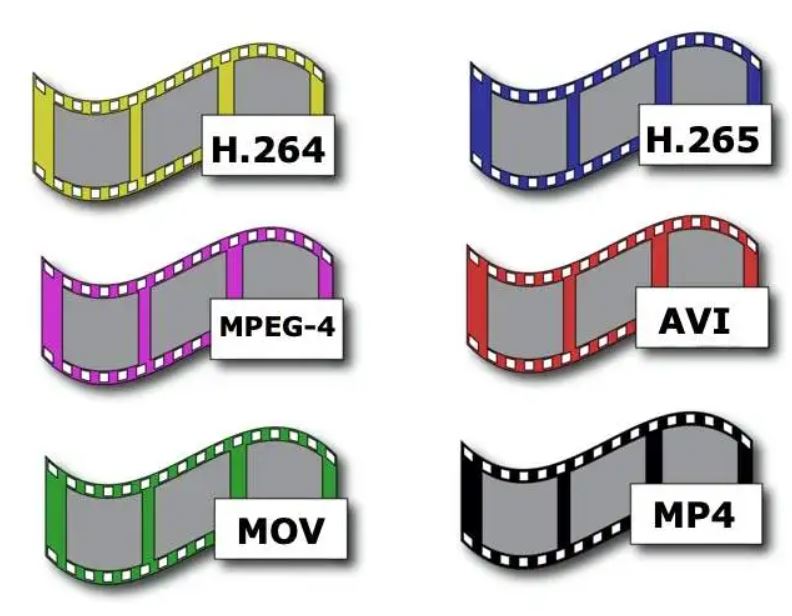Codecs

The Ultimate Guide to Codecs in IPTV – Everything You Need to Know
In the world of IPTV, codecs play a crucial role in delivering high-quality video and audio content to viewers. Codecs are software programs that compress and decompress audio and video data to reduce the size of the data stream without sacrificing quality. In this ultimate guide, we will explore everything you need to know about codecs in IPTV.
What are Codecs?
Codecs are the algorithms used to compress and decompress audio and video data. They are essential for transmitting audio and video content over IPTV networks efficiently. Without codecs, the amount of data required to stream audio and video content would be too large for most networks to handle.
Types of Codecs
IPTV uses two types of codecs: audio and video. Audio codecs compress and decompress audio data. Video codecs compress and decompress video data. Some codecs can handle both audio and video data, making them ideal for multimedia content.
Common Codecs Used in IPTV
Some of the most common encoding formats used in IPTV include H.264, H.265, MPEG-2, and AAC. H.264, aka AVC, is a widely used video codec for IPTV due to its file size and quality balance. H.265, aka HEVC, is a newer codec with better compression, ideal for high-quality streaming. HEVC is an upgrade to AVC that reduces file size while maintaining video quality. It achieves this by utilizing advanced compression techniques. Therefore, it’s the perfect choice for delivering high-quality video content over IPTV networks. However, HEVC requires more processing power and may not be compatible with all devices. Hence, it’s essential to consider the device and content type while selecting the right codec.

IPTV still widely uses MPEG-2, especially for live events broadcasting due to its age. AAC (Advanced Audio Coding) is a popular audio codec that provides high-quality sound at lower bitrates, making it ideal for streaming audio over IPTV networks.
Choosing the Best Codecs for IPTV
To choose the right codecs for IPTV, consider the content, devices, and budget. H.265 is recommended for high-quality streaming. It compresses well but needs more processing power. Use H.264 for low-powered devices.
For live events and broadcasting, MPEG-2 is still the preferred codec due to its high compatibility with most devices. For audio streaming, AAC is a popular codec that provides high-quality sound at lower bitrates.
Conclusion
In summary, codecs play a critical role in delivering high-quality audio and video content over IPTV networks. There are several types of codecs available, each with its own advantages and disadvantages. Viewers can make informed decisions by understanding codecs and their applications. Transition words like “thus” and “therefore” can help convey the importance of codec knowledge.



0 Comments